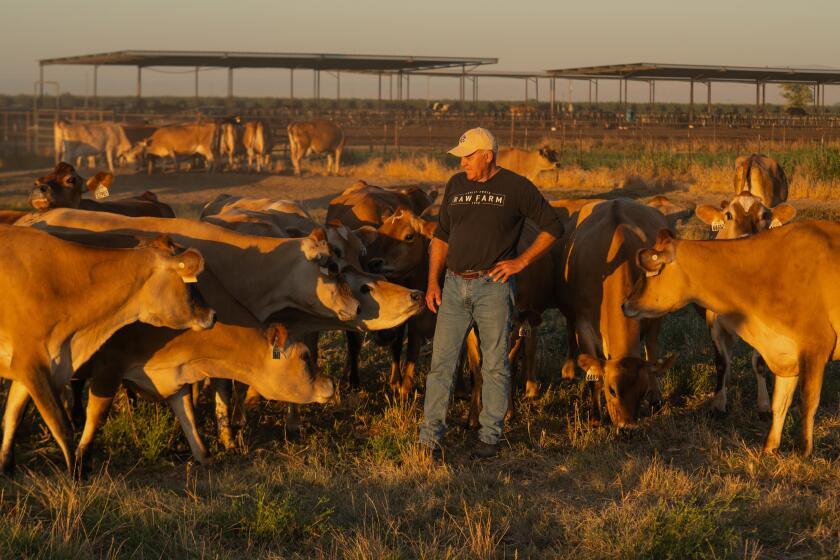This essay is excerpted from the Cartoons Hate Her newsletter. Subscribe here.
It’s impossible to read about modern parenting, especially material aimed at educated, middle-class people, without coming to one conclusion: parenting has become unnecessarily difficult, and it would be easier (and better) if we had a “village.”
The ‘village’ obviously comes from the expression ‘It takes a village to raise a child’. In the idealized village, parents may be a child’s primary caregivers, but children are also passed on to relatives and neighbors. This village, made up mainly of women, also plays a major role in postpartum families, helping with cleaning or cooking while the mother rests. You can see the call.
I’m going to say something that might sound a little mean, but bear with me: I don’t think modern parents really want the village, because most parents don’t act village.
Some of it is simple: highly educated people live further away from their extended families. Twenty-one-year-old college graduates starting their careers probably don’t think about who would watch their eldest child during the birth of their second child. But if you want a village, and your parents don’t live nearby, you have to socialize with neighbors and friends. And when it comes to this, people repeatedly reveal their preferences: they are ‘too busy’ to meet people. It’s ‘crazy’ here and they’re ‘going out of town’. Community is not a priority.
What takes priority over community, for people who claim to want it? A lot of the time I spend time with the nuclear family (parents are now spending more active parenting time with their kids than ever before) or the evergreen “getting out of town” thing I hear every time I try to plan something. . Yes, people work, but not more than before. Ultimately, “getting out of town” seems to be a much bigger priority than building community. This is made worse by the fact that (again) the people in my area are more likely than ever to live far from their parents or other relatives, and if you live far away you have to travel to visit them. Alternatively, maybe no one likes me!
I’m not saying it’s bad or shameful to enjoy your free time with your nuclear family. This also applies to me. Creating a community, especially when no one else is participating, takes a lot of time. I have some free time, but I spend it at home with my husband and children, or on hobbies. Yes, I would love to have more community, but would I rather spend a Saturday playing with my own kids or helping my neighbor move? Building community is also not my top priority, despite my occasional attempts to do so by organizing gatherings (the invitations to which are often ignored and never answered).
There’s another element: our standards for healthcare providers are higher than ever. Social media is flooded with mothers who decide it is dangerous to let anyone babysit their children, including family members. People no longer feel comfortable with the 14 year old neighbor babysitting (our teenage neighbor offered, and we declined). Grandparents can get an email with a list of “boundaries” before a child’s birth, a practice that seems to have become increasingly popular since COVID, when everyone started to worry more and more about vaccines and kissing babies. As one new mother asked in a parent advice column, “I worry about how to set baby boundaries in a family that doesn’t seem to have many. I don’t want my newborn baby to be passed from family member to family member. What should I do?” Across the aisle, a grandmother wrote in Newsweek expressing her dismay that her daughter-in-law wouldn’t let her babysit or even hold her five-month-old grandson.
Rules are not necessarily unreasonable – I had a few myself – but the trend is clear. We don’t Real If we want a village, we want a free janitor or cleaning crew that does things exactly the way we want them.
In real life, the “village” includes your aunt who you think practices bad politics, your mother-in-law who calls your two-month-old son a “ladies man”, your father-in-law who always has the TV on, your sister who asks too many personal questions, and… like, honestly, your 14-year-old neighbor who wants to gain babysitting experience. It’s fine to decide that you don’t want help from these people, but the village traditionally means ‘the people around us’, and not a tailor-made neighborhood that you could be the manager of The Sims.
But parents who explicitly or implicitly reject the village are only part of the problem. Here’s the other part. Let’s say you really want a village; you want to be one of the people who want to help as much as you want help. You’re okay with letting less than perfect people into your world. You would rather organize a potluck on Saturday than just relax with your own partner and children. Well guess what? People are too busy. There is no good time. It’s crazy here. We’re going out of town.
It’s not that everyone lies about being busy; it’s that no one (myself included) wants to spend an inordinate amount of time creating a village if no one else is interested. I think some parents don’t want a village, but I think there are a lot of other parents who would be really interested if only other people would want to participate. But because there are very few people, we prefer to invest our time more efficiently, in the people closest to us.
And at that point we might as well say: fuck it. We’re leaving village.







